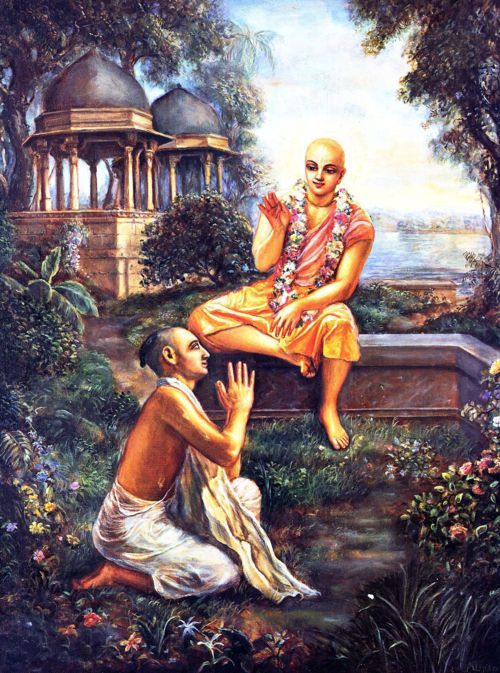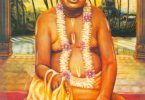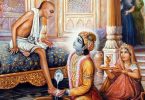Question : I wish to know when a person is eligible to take diksha (spiritual initiation). I am chanting sixteen rounds and following the four regulative principles. What more conditions are to be followed before taking diksha – initiation. Please specify in detail.
Answer by Romapada Swami:
Srila Prabhupada established a bare minimum general condition within ISKCON that if one is chanting sixteen rounds daily and following the regulative principles under the guidance of a spiritual master for six months to a year, they can be considered for initiation. Since that time, ISKCON has established further criteria for receiving diksa. For further details about these regulations, please refer to (Digest 241a) and can also write directly to the GBC Secretary requesting a copy of the regulations which are the formal standards within ISKCON for receiving diksa.
It is an approved vaishnava principle and is welcome that an aspiring disciple approach a bona-fide spiritual master, take shelter of his lotus feet and request initiation, as recommended by Krishna in Bg 4.34.
The process of making submissive inquiries & receiving instructions and the rendering of service lays the foundation for a relationship of strong faith between the spiritual master and the candidate for initiation. During this time the devotee is also encouraged to understand the philosophy through study of Srila Prabhupada’s books such as Bhagavad-gita, Nectar of Instruction etc, and develop a deeper understanding of the import of diksa and spiritual master and disciple relationship.
There is a book published by BBT, called “The Spiritual Master and The Disciple” which describes in great detail about the qualities and duties of a spiritual master and also that of the disciple. When opportunity arises, you could study this book to gain deeper understanding of the spiritual master and disciple relationship.







